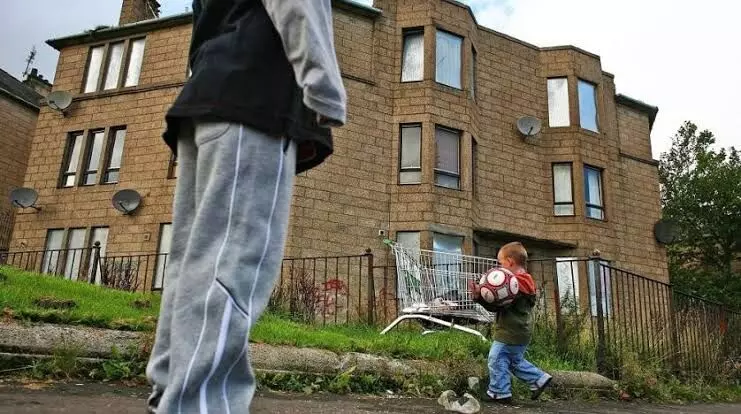
World's wealthy countries are destroying children's environments globally: UNICEF
text_fieldsUnited Nations: UNICEF on Tuesday released a report, calling on states to reduce waste and cut pollution while noting that majority of wealthy countries are creating unhealthy, dangerous, and noxious conditions for children across the world.
UNICEF's Innocenti Report Card 17: Places and Spaces compares how 39 countries in the Organisation for Economic Co-operation and Development (OECD) and European Union (EU) fare in providing healthy environments for children. The report features indicators such as exposure to harmful pollutants including toxic air, pesticides, dampness, and lead; access to light, green spaces, and safe roads; and countries' contributions to the climate crisis, consumption of resources, and the dumping of e-waste.
While Spain, Ireland, and Portugal performed relatively well, none of the countries studied were found to provide healthy environments for children, according to the report.
"Not only are the majority of rich countries failing to provide healthy environments for children within their borders, they are also contributing to the destruction of children's environments in other parts of the world," said the center's director Gunilla Olsson in a statement.
The report noted, however, that less wealthy countries in Latin America and Europe had a lower impact on the general state of the planet compared to some wealthier states studied.
While Finland, Iceland, and Norway were in the lead for providing a healthy environment for their own youth, they were in last place in terms of their impact on the planet for their emissions rates, electronic waste volume, and consumption level.
In Iceland, Latvia, Portugal, and Britain, one in five children are exposed to dampness and mold in their home, while in Cyprus, Hungary, and Turkey, more than one child out of four was affected.
Many children breathe toxic air both indoors and out, especially in Mexico, although not in Finland and Japan, the report also found.
In Belgium, Israel, the Netherlands, Poland, the Czech Republic, and Switzerland, more than one in twelve children are exposed to high levels of pesticide pollution, the report said.
In the 39 countries studied, more than 20 million children had high levels of lead in their blood, it added.
























